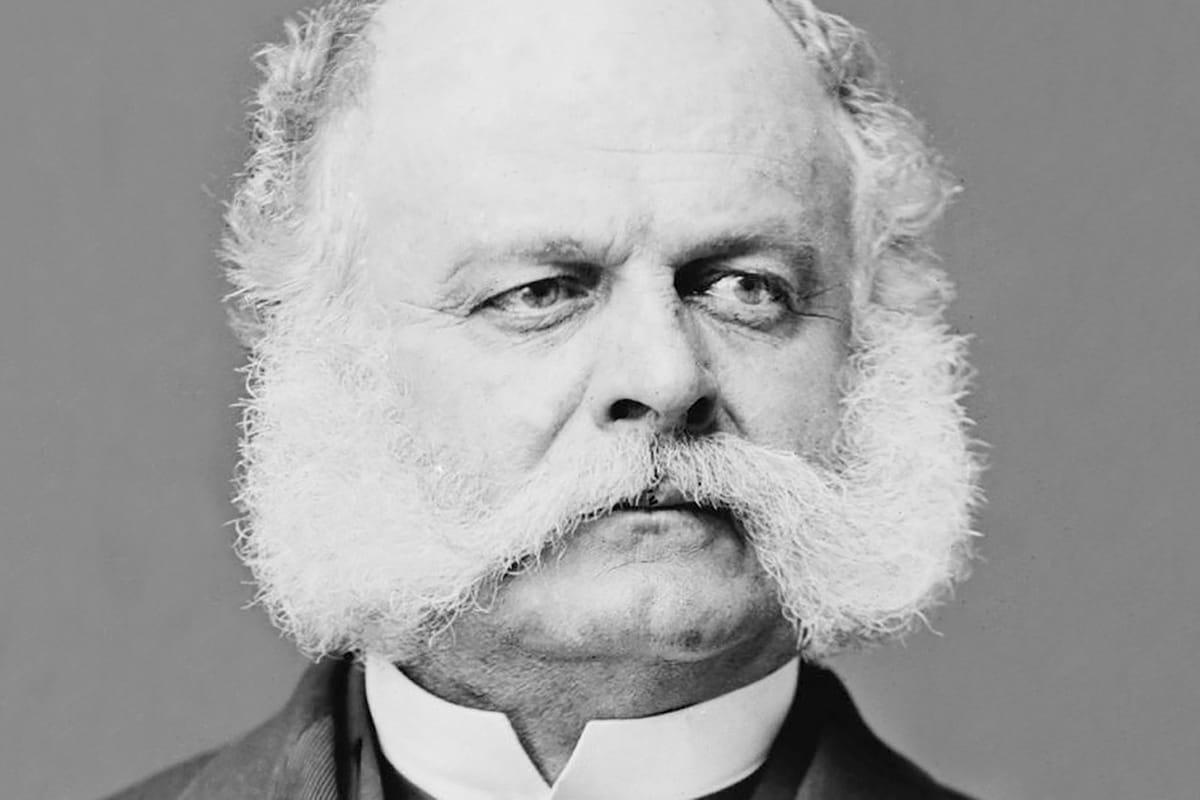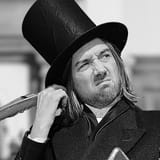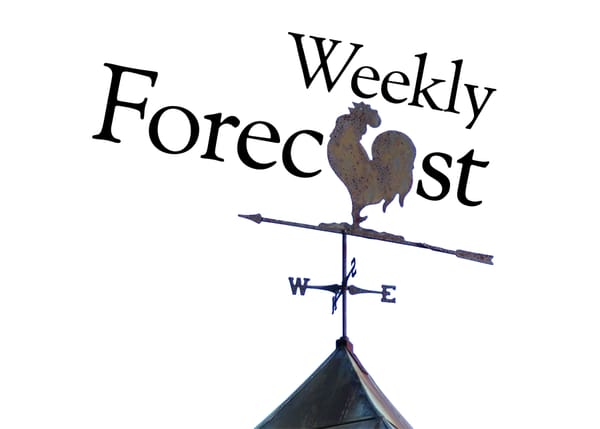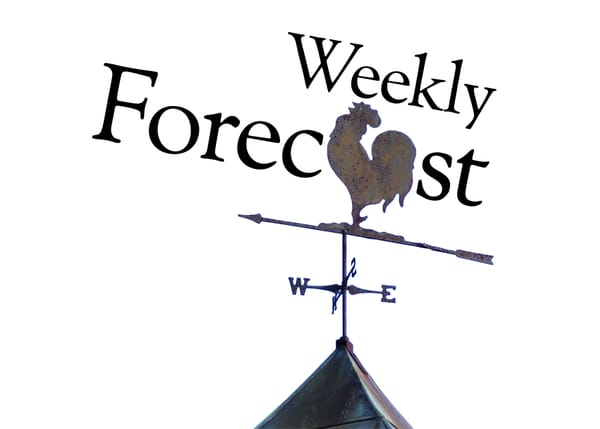Weird People and the Weird Things Named After Them
Exploring eponyms and the stories behind them.

Captain George Vancouver's greatest failing was not the awful names he gave to things. For sure, his greatest failing was his eagerness to survey other peoples' property for extractive potential. But even after stating clearly that the places he named did not need naming, I still feel like pointing out the pointlessness of the names he chose. Ponder the mind of Captain George, beholding wonders of nature yet unseen by speakers of his tongue, and asking, in those moments—Who do I know that could use some sucking-up-to?
Admiral Viscount Samuel Hood bungled the Battle of the Chesapeake; I suppose that's a little bit interesting, but it shouldn't earn him a mountain. And the only accomplishment of Alleyne FitzHerbert, 1st Baron St Helens, was possessing an all-time top-ten moniker.
I have mixed feelings about eponyms—things named after people. On one hand, I'm glad to hear that birds are being renamed for their own special quirks, instead of a dude who saw one once and happened to write it down. People are flawed, if you'd believe it, and names last a long time. But I've also been having a very good time exploring the unexpected human origins of words.
I want to play both side of the fence today. First I'll join a growing crowd in observing that Wy'East, Mt. Hood's long-standing name, is far better than Vancouver's attempt, and we aren't obliged to use the boring one. Then I'll turn right around and tell you about some eponyms I do find fascinating, and maybe a few you didn't know were eponyms (unless you've seen me in the past few weeks and you know too well and I'm sorry.)
Silhouette
Why is a silhouette a silhouette? Well, naturally, it's because France's credit crisis from the Seven Years War induced the government to impose austerity measures, and left the minor elite unable to afford proper portraits, forcing them to immortalize themselves in shadow-portraits cut from paper. Aggrieved as only the minor elite can be, they called these portraits "silhouettes" after finance minister Étienne de Silhouette, the man they blamed for this indignity.
Algorithm
Named for Persian mathematician Muhammad ibn Musa al-Khwarizmi (Latinized as "Algoritmi") and not Al Gore at all.
Boycott
Labor strikes were a thing before 1880, but boycotts weren't boycotts until a group of Irish laborers had enough of Lord Erne's land agent, Charles Boycott, and decided not to harvest his crops or serve his supper. Mr. Boycott wrote a letter to The Times about the gross mistreatment he was receiving (in return for that he dealt), and the whole of England took his side because Irish people are Irish.
Cake and flowers
You may have heard that German Chocolate Cake was invented in America by Samuel German, but did you know that the evergreen shrub gardenia is named for Scottish naturalist Alexander Garden?
Derrick (term for some construction cranes, also oil derricks)
In the late 1590s, the Earl of Essex was having hard time keeping hangmen on staff, so he sidled up to a convict named Thomas Derrick, and offered him a choice: die at the gallows or live thereby. Derrick chose option two, and became the executioner at Tyburn. He hanged 3,000 people, including the earl who pardoned him—so many that, to speed things up, he devised a moving beam with a topping lift and pulley. It made an impression, apparently.
Sideburns
Genuinely named for US General Ambrose Burnside and his fluffy mutton chops.
Peach Melba and Melba Toast
Dame Nellie Melba was Australia's first music superstar, a lyric soprano who took her stage name from the city of Melbourne. Her voice was adored on three continents, which must have been fun, though maybe not as fun as pissing off her estranged, abusive husband and the British royal family by enjoying an obvious affair with Prince Philippe, the handsome Duke of Orléans.
Philippe threw a party for Nellie at the Savoy Hotel in 1892, for which occasion chef Auguste Escoffier served peaches and ice cream in a silver bowl atop a swan carved from ice, which he named...Peaches on a Swan. Then Escoffier and his coworker César Ritz got canned for embezzlement, and had to go start their own hotel (you've heard of it). That's where Escoffier added raspberry sauce to his ice cream and peaches, and served it as Peach Melba.
Nellie Melba came back to London in 1897, excited to see what Escoffier might cook up this time. For desert he served—dry toast. Because you can't have everything.





